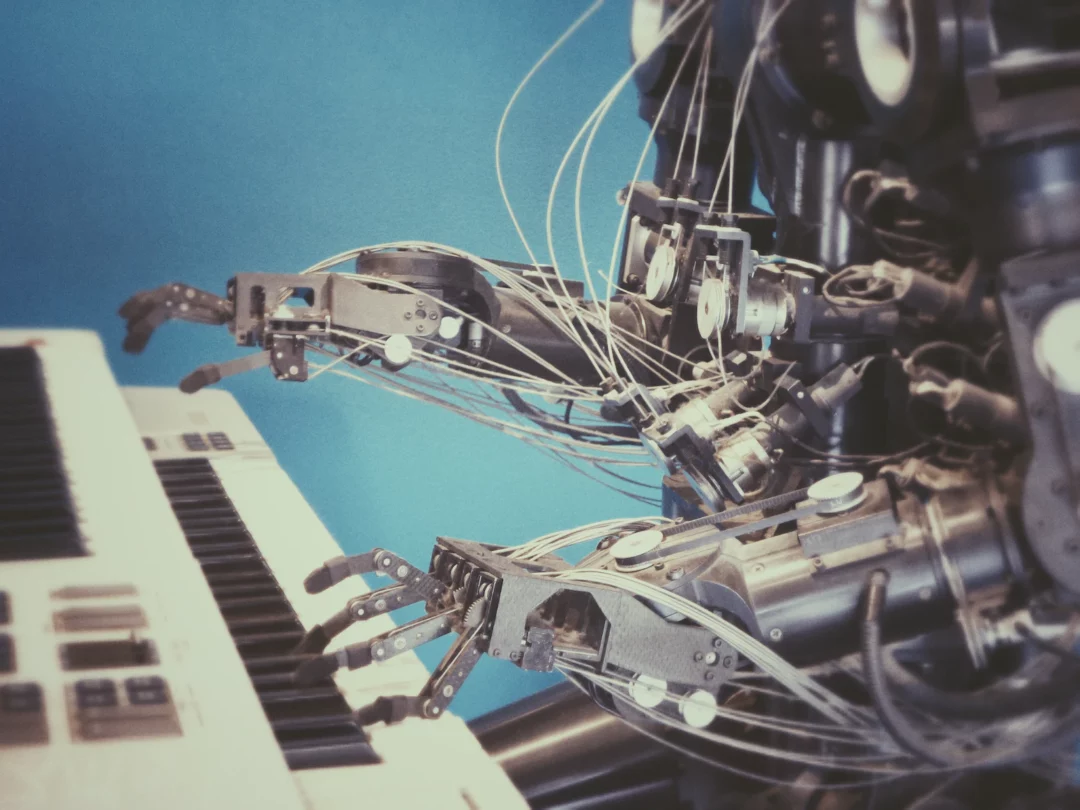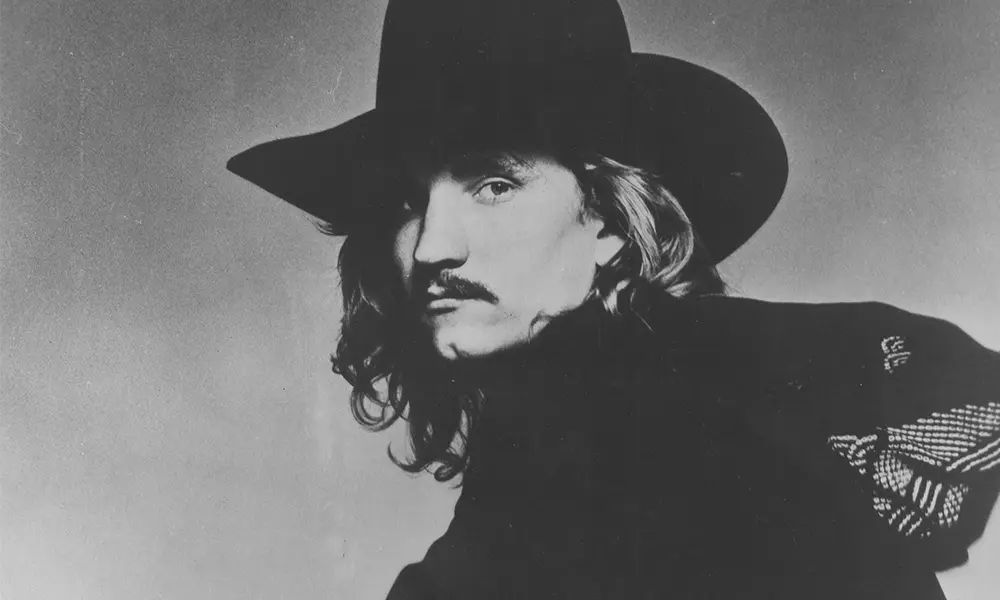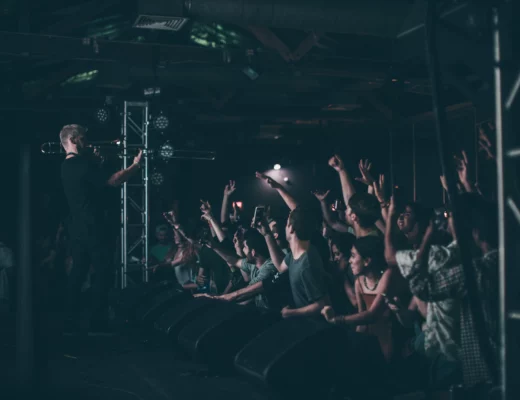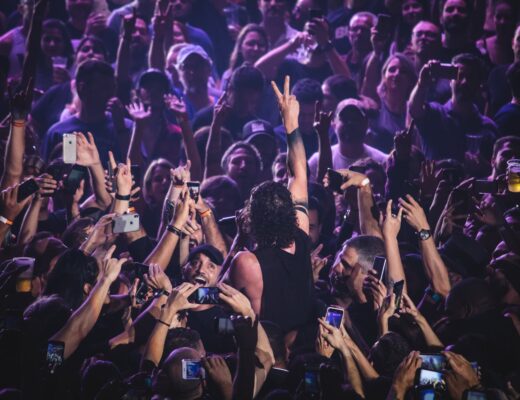When AI is working away in the background helping fans to discover their next favourite song on Spotify by using machine learning to analyse consumer behaviour and pinpoint patterns in listening habits, music fans have few complaints about the involvement of AI in music.
Music AI technology has been around, albeit in a rather primitive form, for the better part of a century. One of the first recorded instances of it was a composition created by World War II code-breaker Alan Turing in 1951. Of course, it took decades for computer-generated music to morph into what it is today, and the computer he used to create his composition was far bigger than a MacBook Pro, as it took up most of the ground floor of his lab. Nevertheless, in the following decades, AI has slowly introduced itself into different facets of the music industry; it was here far before moral panic amassed around it.
However, now that the conversation around AI in the music industry has become a major part of public discourse, levels of anxiety are starting to rise, especially when anticipating how AI can replace musicians. The threat of creative redundancy is bound to take a negative psychological toll on musicians who are already struggling to scratch a living in this precarious economy. Yet, many musicians are overlooking the most fundamental purpose of their craft. To use their talent to connect with music fans and sonically visualise universal fears, hopes, and everything between.
You only need to look at how mainstream musicians are idolised to the point of obsession to note that successful musicians are far more than humans with a knack for creating earworm melodies, exhilarating anthems, and juicy riffs. No matter how advanced AI systems become, they can never replicate that raw human essence in music, which starts with an autonomous visceral emotion as a precipice to jump off and builds from there.
The Ethics of AI Music
As for the artists who make the creative process easier and polish their songs by using lyric generators, AI production tools, and autotune, the ethical dilemma around the involvement of AI becomes a little hazier. While some people believe artists should be able to use the tools at their disposal, others take a far dimmer view of utilising AI to get over the finishing line with a song.
When considering the ethics around AI as a creator instead of a helpful tool that can help artists create chord progressions or synthesise vocals, don’t forget that many artists, including Elvis, Rhianna, and Whitney Houston almost never wrote the songs they performed. So, what is the difference between Elvis singing songs written by the successful R&B songwriters Jerry Lieber and Mike Stoller and an independent artist sitting in their bedroom studio using a lyric generator?
The Importance of the Artist in the Art
While younger artists are moving with the time and utilising AI music programs, such as the one recently launched by Meta, which can generate high-fidelity songs from hummed melodies and text prompts such as “upbeat pop anthem” or “soulful RnB ballad”, the majority of musicians are still indifferent to the introduction of tools such as MusicGen.
Take for the perfect example Joe Walsh’s interview with the Associate Press has recently gone viral after the Eagles guitarist stated:
“It’s computers; it has nothing to do with music. It can’t destroy a hotel room; can’t throw a TV off the fifth floor into the pool and get it right in the middle. When AI knows how to destroy a hotel room, I’ll pay attention to it.”
If you don’t take the interview soundbite that is choked with rock ‘n’ roll cliches too literally, you will see that Walsh made a good point in his slightly outlandish statement. AI music will never be able to emanate the rebellious attitude that created a rebellious anti-establishment movement in the 1960s.
Just as AI music will never be able to stand at the forefront of any counterculture music scene, music fans across all genres are unlikely to toss their favourite artists by the wayside just because a computer can make a technically better single or album. While some argue that you can love the art and not the artist, you only need to note the devout nature of music fans who iconise their favourite bands to the degree that they would travel from the other side of the planet to see them live to see the importance of the artist in the art.
Even in the dance music industry, there is ample cynicism around the idea that AI can replace DJs. For years, there have been programmes that can recommend mixes based on tempo. But in the view of one of London’s top DJs, Nooriyah, who has toured the world as a DJ:
“The way that I connect with my audiences is very difficult to replicate. Imagine a raver looking over at me when I’m DJing, seeing me sweat and dance just like them. In that moment they feel that intimate connection that AI couldn’t.”
–
To stay up to date on music industry trends, follow our blog. And don’t forget to check out our reviews of music from sentient human independent artists!
Article by Amelia Vandergast







No Comments